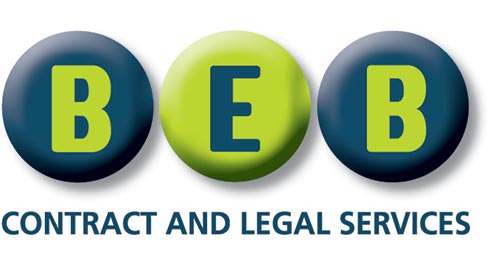It was announced in 2017 that the government intended to introduce a new set of VAT rules specifically for the construction industry.
Last year it was announced that these new rules would be introduced from 1 October 2019. The aim of the new “Construction Reverse Charge” is to cut down on fraud in the sector and will have quite a wide ranging effects for businesses. HMRC believe this fraud totals to millions of pounds per year as many ‘subcontractors’ charge the VAT and then disappear before it is time to do their tax return obviously meaning it does not reach HMRC.
The new rules will catch a broad range of construction services, including those of builders, joiners, electricians, plumbers, painters, air conditioning installers and many ground workers and will only apply to:
- Individuals or businesses registered for VAT in the UK, which sell to other VAT-registered businesses
- Entities that provide services specified under the Construction Industry Scheme. Therefore any supplies between sub-contractors and contractos, will be subject to the reverse charge unless they are supplied to a contractor who is an end user. (Landlords, Tenants, Consumers and anyone who uses the services for themselves.)
If a transaction is caught by the new rules, the customer will account for the VAT on the sale to HMRC and not the supplier. The supplier will no longer receive the VAT from the customer and any invoices must not include the VAT that is due like how they currently do.
Eg. Take a VAT registered subcontractor who would currently raise an invoice with the amount due + VAT to the main contractor. Lets say £1000 + VAT equalling a total amount of £1200.
Under the new rules from 1st October 2019.
- The subcontractor will send an invoice for £1,000 still showing how much VAT should be paid.
- The main contractor pays £1,000
- The main contractor will add the £200 of VAT onto their own VAT return as sales VAT.
- The main contractor can then reclaim the £200 of VAT on their VAT return in the same way as normal.
These new VAT rules could impact the cash flow of 150,000 small and medium businesses in the UK construction sector since many use VAT payments from customers as a source of working capital before sending the funds to HMRC when it is VAT return time.
HMRC have stated within the guidance notes that they understand the difficulties that businesses may have in implementing the domestic reverse charge and will apply a light touch in dealing with related errors that occur in the first 6 months after introduction as long as businesses are aiming to comply with the new legislation.
Found out more here.. https://www.gov.uk/government/publications/construction-industry-scheme-cis-340/construction-industry-scheme-a-guide-for-contractors-and-subcontractors-cis-340

